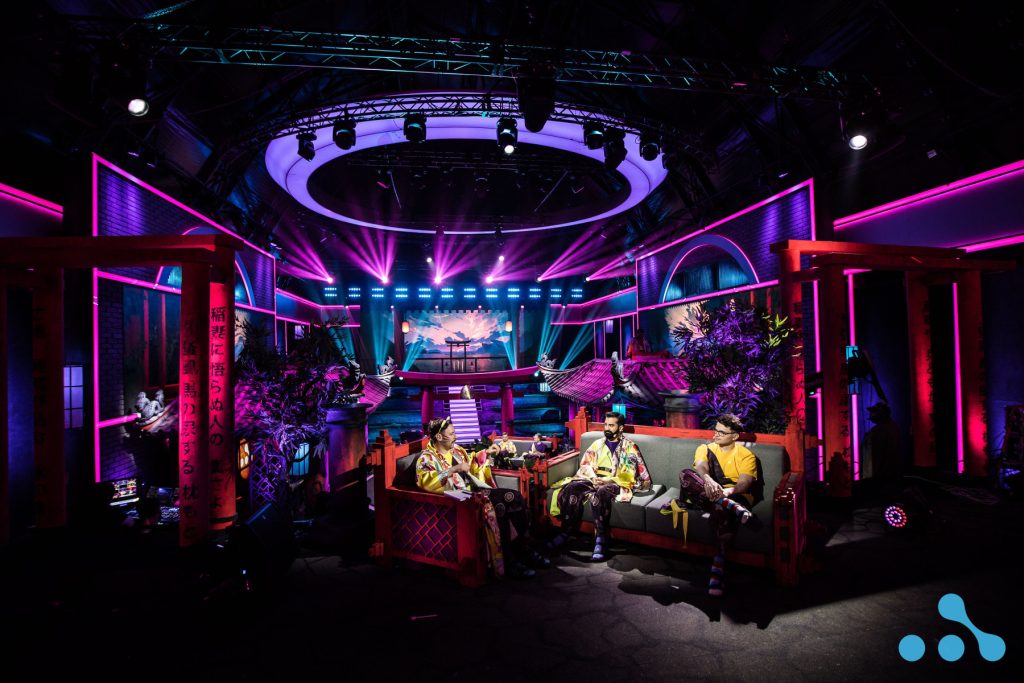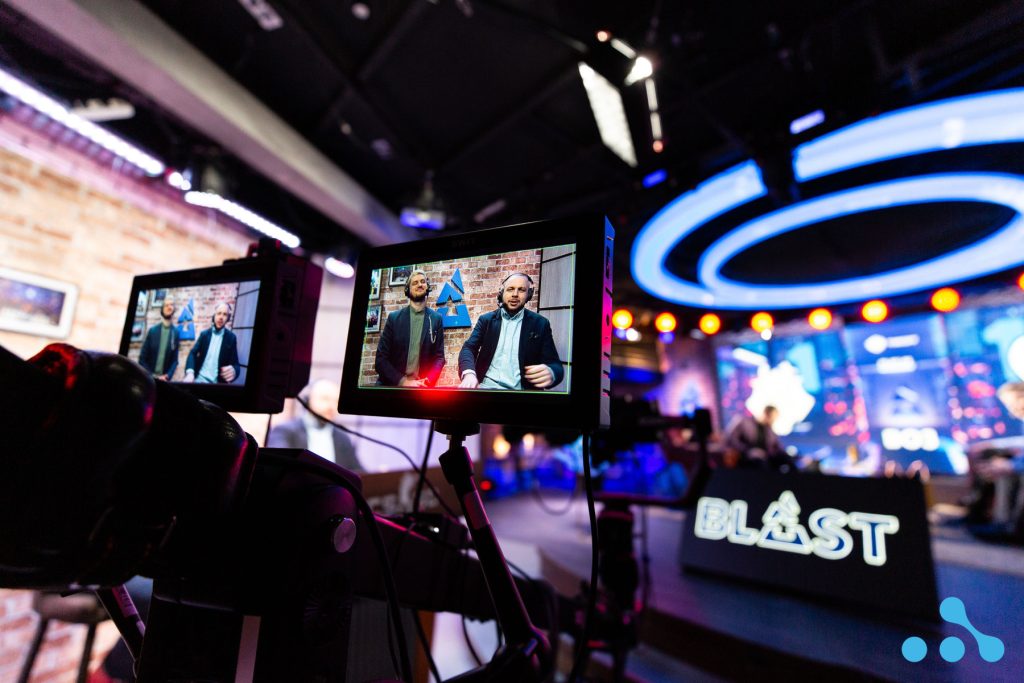WePlay Esports writes for Esports Insider to discuss why casters are crucial to a successful operation as well as how to effectively work with the personnel.

How many people does it take to create an esports tournament? The answer: Quite a lot. Players, teams, designers, producers, camera operators, lighting specialists, and, of course, commentators are all part of a well-oiled esports broadcasting machine. It also wouldn’t be a mistake to say that the commentator is one of the key figures within this blueprint.
The role of the commentator, also known in esports as a caster, is to build a bridge between the viewers and the game, as well as setting the audience’s mood as a whole. This is quite a lot of responsibility for what, in some cases, is on one person. However, these people are not left stranded and alone. For example, esports tournament operator and broadcasting studio WePlay Esports collaborates with a team of specialists to work side-by-side with casters.
“Esports commentators don’t just get a text to learn by heart. They are faced with a more comprehensive task,” shared Oleksandr Shahovskyi, Live-stream Director at WePlay Esports.
“They must improvise, remember the script for the entire tournament, and much more to perform their role. Before the tournament, we discuss the script with our talents. Speaking of basics, commentators need to understand how the cameras and lights are placed to move naturally and aesthetically in the frame.”
WePlay Esports has set up various unique tournaments that put a twist on traditional events from a conceptual and broadcast standpoint. For example, the company invited Japanese electronic music artist TOKYO MACHINE to WePlay AniMajor and drove a cybertruck onto the stage during WePlay! Mad Moon. In order to execute these tournament activations effectively, the scripts require dedication from everyone, including the casters.
“Improvisation is crucial, but don’t overestimate its power. From my point of view, preparing as best you can for the tournament is better. The better you prepare – the better improvisation you will have in the end. This is an important moment, as soon as every broadcast we do with heart and soul,” commented Shahovskyi.
“Since we communicate with talents at every event, we already know what to expect from them. Even so, before each broadcast, we discuss what can and cannot be done. The most important thing is open communication. I can see the full picture of the event, so to speak, and we can give advice to talents and discuss their ideas, and make sure that they listen to us.”

It’s impossible to fully prepare for a match because the outcome is a mystery to everyone. Therefore, the commentators must do countless homework and preparation. This includes watching the teams’ previous games, checking the lineups and understanding the current state of the game and its esports ecosystem. The more a commentator knows, the more attractive they become to the audience.
Shahovskyi, however, emphasised that in pursuit of a beautiful picture, the main thing is not to go too far, so the competitive atmosphere of esports remains prominent. After all, that’s what the fans have come for.
Shahovskyi added: “Every detail matters, but don’t turn casters into robots unless it’s the theme of your tournament. Among other things, during a broadcast, we try to showcase the personality of each of our talents.
“They each have their approach, and our goal is not to make them all the same but to show their strengths. How do we achieve this? It’s really basic. We just communicate with them, listen to them, and discuss both ups and downs”.
The better communication is built within an internal team, the smoother a tournament goes. Talents work like a perfectly written script, utilising different styles and scenarios to turn an esports tournament into an exciting performance.
